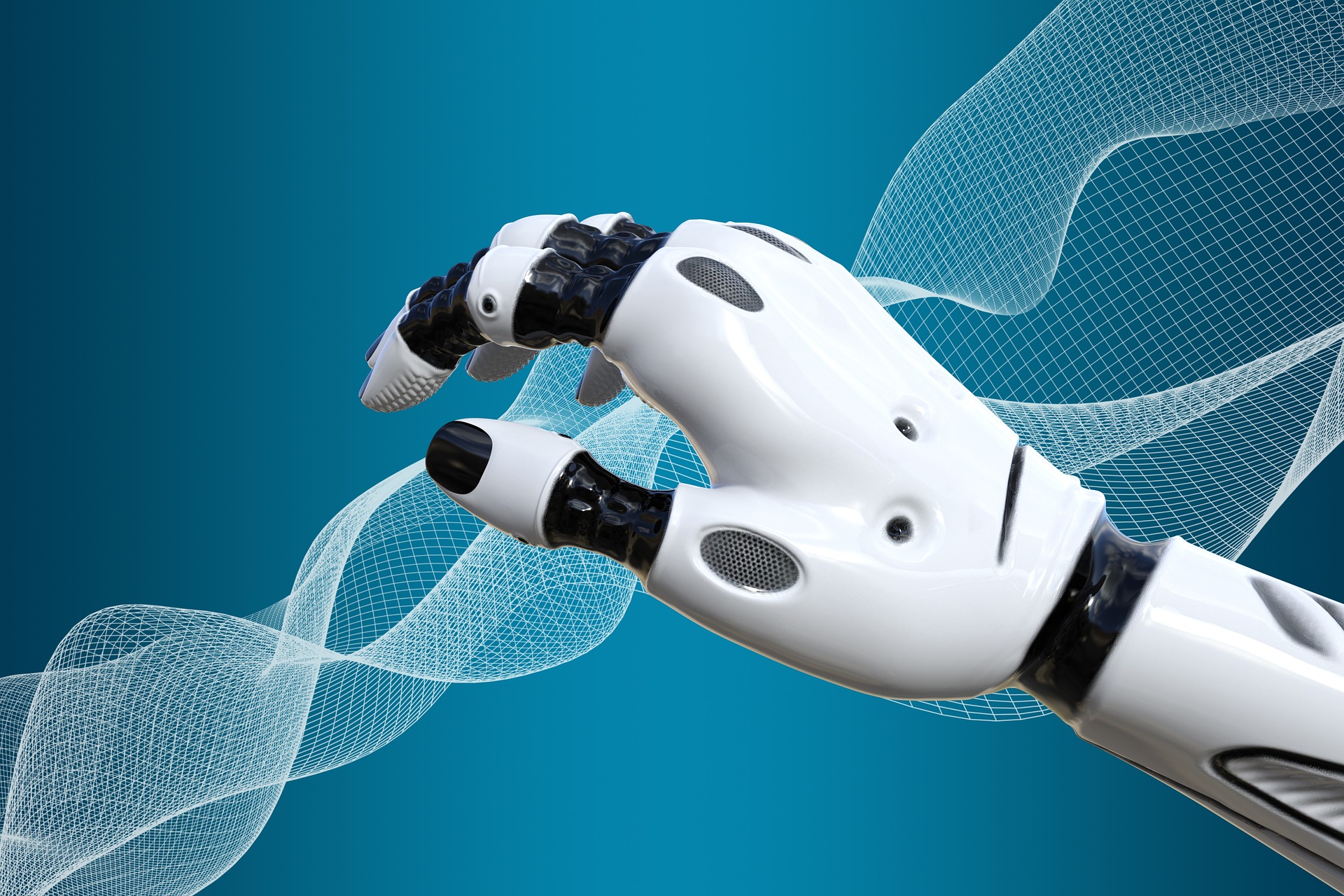News release
From:
Artificial Intelligence (AI) can enhance Australia's wellbeing, lift the economy, improve environmental sustainability and create a more equitable, inclusive and fair society, say the authors of a major new report on AI to be released on Tuesday.
However, AI also comes with important global risks and the authors urge Australians to reflect on what kind of AI-enabled future we want, as the future impact of AI on our society will be ultimately determined by decisions taken today.
The report, produced by ACOLA (an alliance of the four Australian Learned Academies: Technology and Engineering, Science, Humanities, and Social Sciences) highlights some of the enormous benefits of Artificial Intelligence in a broad range of areas from aged care, energy and agriculture to the arts and justice. But the authors also warn that emerging AI technologies can come with considerable risks including unemployment, cyber-crime and the development of AI enabled weapons.
The report calls for a national AI strategy that includes:
- A national independent body that ensures that the public good benefits of AI are the main focus of new developments
- A responsive regulatory framework that ensures that new AI developments are safe and beneficial
- A community awareness campaign around the impacts of AI on all facets of life
- Safe and accessible digital infrastructure that ensures that all Australians, including those in rural and remote areas, have access to AI technologies
- The development of a diverse and highly skilled workforce with education starting at an early age
Join us for this online briefing to hear from the report’s authors and ask questions to help you cover the story.
Speakers:
- Professor Toby Walsh is co-chair of the report’s expert working group and Professor of artificial intelligence at the University of New South Wales and Data61 (CSIRO), and Fellow of the Australian Academy of Science.
- Professor Neil Levy is co-chair of the report’s expert working group and Professor of philosophy at Macquarie University as well as Senior Research Fellow at the Uehiro Centre for Practical Ethics at the University of Oxford. He is also a Fellow of the Australian Academy of the Humanities.
- Professor Fiona Wood is a member of the expert working group, Director of the Burns Service of Western Australia, Consultant Plastic Surgeon at Fiona Stanley Hospital and Perth Children's Hospital, co-founder of the first skin cell laboratory in WA, Winthrop Professor at The University of Western Australia, and member of the Australian Academy of Health and Medical Sciences.
This briefing is the second in a series of online media briefings on Emerging Technologies hosted by the AusSMC and supported by the Australian Academy of Technology and Engineering and Brighter (a community and stakeholder engagement initiative of APPEA). The AusSMC retains editorial control for all briefings.



 Australia; NSW; WA
Australia; NSW; WA



